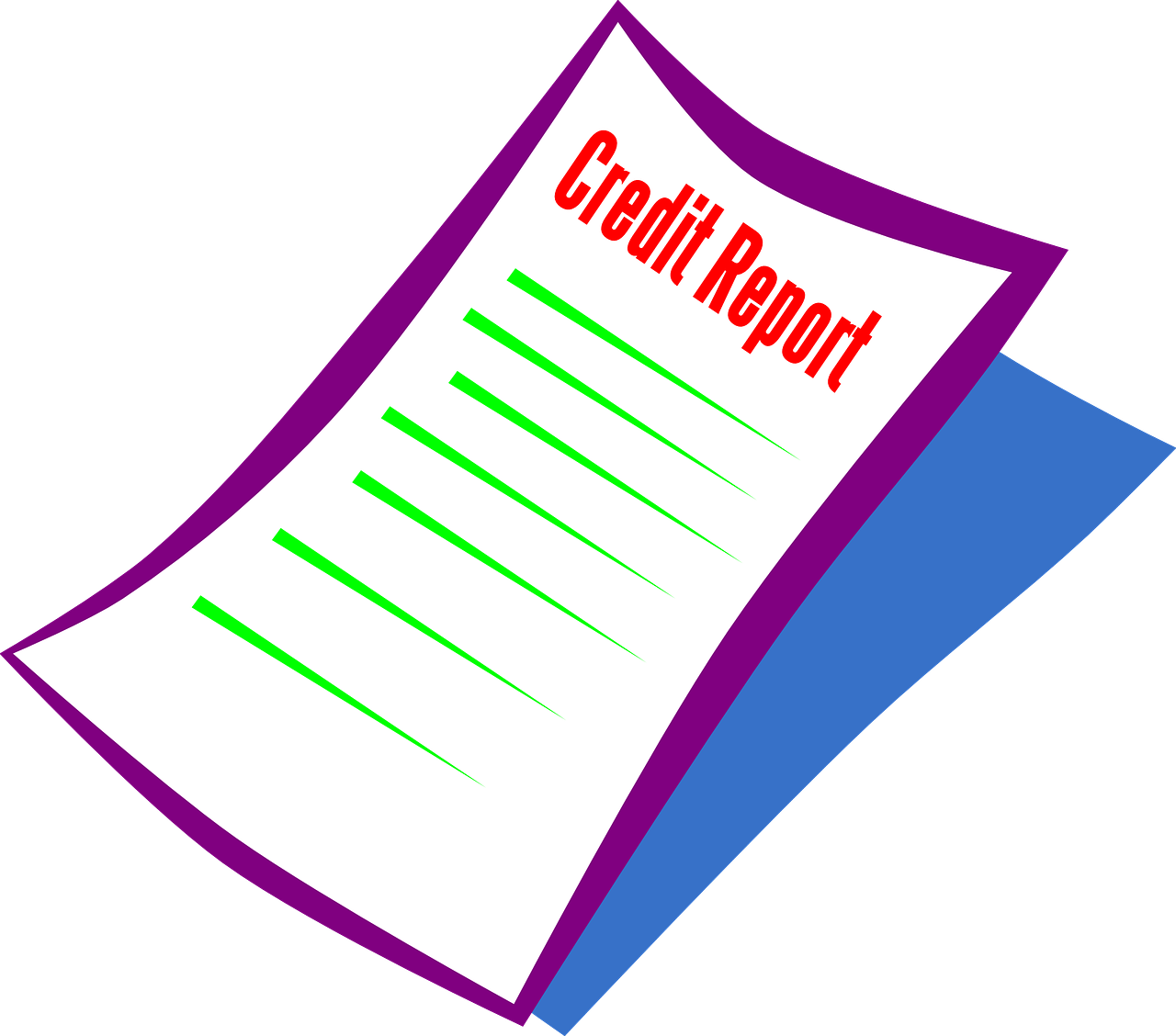- Self-employed individuals in advanced business countries navigate unique financial challenges.
- Debt consolidation loans require alternative proof of income and a healthy credit score.
- Understanding loan terms and conditions is crucial for optimizing financial outcomes.
- Self-employed borrowers must address irregular income, tax implications, and industry stability.
- Challenges include limited lender options, collateral requirements, and maintaining a favorable debt-to-income ratio.
For self-employed individuals, managing finances can be akin to a tightrope walk. With fluctuating income streams and variable expenses, maintaining financial stability often requires adept maneuvering, especially in advanced business countries such as Japan and Singapore. One avenue many self-employed individuals explore is debt consolidation loans. However, unlike their employed counterparts, self-employed individuals face a unique set of requirements and challenges in securing and navigating such loans. This comprehensive guide will delve into the intricacies of debt consolidation loans for the self-employed, exploring the essential requirements and the key challenges they may encounter along the way.
The Basics of Debt Consolidation for the Self-Employed
Documentation and Proof of Income
Self-employed individuals often lack traditional pay stubs, which can complicate the documentation process. Lenders typically require alternative proof of income, such as tax returns, profit and loss statements, or bank statements. Ensuring accurate and up-to-date documentation is crucial to demonstrating financial stability and repayment capacity.
Creditworthiness and Debt-to-Income Ratio
Maintaining a healthy credit score is paramount when seeking a debt consolidation loan. Lenders assess creditworthiness based on factors such as credit history, payment behavior, and debt-to-income ratio. Self-employed individuals may need to demonstrate consistent income and manage existing debts effectively to improve their chances of approval.

Loan Terms and Conditions
Understanding the terms and conditions of debt consolidation loans is essential for self-employed borrowers. Factors such as interest rates, repayment terms, and potential fees can significantly impact the overall cost and feasibility of consolidation. Evaluating multiple loan offers and negotiating favorable terms can optimize financial outcomes and mitigate risks.
Special Considerations for Self-Employed Individuals
Irregular Income Streams
Unlike salaried employees with predictable paychecks, self-employed individuals often experience fluctuations in income. Lenders may scrutinize income stability and consistency, preferring applicants with steady revenue streams. Providing evidence of reliable income sources and financial planning strategies can bolster credibility and enhance loan prospects.
Tax Implications and Deductions
Navigating tax obligations is a fundamental aspect of self-employment. However, certain tax deductions and write-offs, while beneficial for reducing taxable income, can inadvertently lower the apparent earnings used for loan qualification purposes. Understanding the implications of tax strategies on debt consolidation eligibility is crucial for self-employed borrowers.
Self-Employment Duration and Industry Stability
Lenders may consider the duration of self-employment and the stability of the industry when evaluating loan applications. Established businesses with a proven track record may present lower risk, whereas startups or industries prone to volatility may face greater scrutiny. Demonstrating longevity and resilience in self-employment can instill confidence in lenders and improve loan prospects.
Requirements for Debt Consolidation Loans
Proof of Business Ownership and Stability
Self-employed individuals must establish ownership and stability of their business ventures to qualify for debt consolidation loans. Lenders may request business registration documents, licenses, or certifications to verify legitimacy and longevity. Demonstrating a track record of successful operations can instill confidence in lenders regarding repayment capabilities.
Debt Overview and Financial Analysis
A comprehensive assessment of existing debts is essential before pursuing debt consolidation. Self-employed borrowers should compile a detailed inventory of liabilities, including outstanding balances, interest rates, and repayment terms. Conducting a thorough financial analysis enables borrowers to determine the feasibility and potential savings of consolidation, guiding informed decision-making.

Personal Credit History and Score
In addition to business finances, personal credit history plays a significant role in debt consolidation approval. Lenders assess the borrower’s creditworthiness based on factors such as credit score, payment history, and utilization ratio. Maintaining a favorable personal credit profile is crucial for securing competitive loan offers and favorable terms.
Challenges in Securing Debt Consolidation Loans
Limited Lender Options and Higher Interest Rates
Self-employed individuals may encounter challenges in finding lenders willing to extend debt consolidation loans. Traditional financial institutions often prioritize employed applicants with stable income sources, leading to limited options for self-employed borrowers. Additionally, the perceived higher risk associated with self-employment may result in elevated interest rates, potentially offsetting the benefits of consolidation.
Collateral Requirements and Asset Valuation
Some lenders may require collateral to secure debt consolidation loans, especially for self-employed borrowers deemed higher risk. Valuing assets, such as property or equipment, can be complex and subjective, impacting loan terms and eligibility. Self-employed individuals must carefully evaluate the implications of collateralization and explore alternative options to mitigate risks and protect assets.
Debt-to-Income Ratio and Affordability
Maintaining a favorable debt-to-income ratio is essential for debt consolidation approval. Self-employed borrowers must demonstrate sufficient income to cover existing debts and the proposed consolidated loan payment. However, variable income and fluctuating expenses can complicate affordability assessments, potentially affecting loan eligibility and terms.
In the intricate landscape of personal finance, self-employed individuals face distinct challenges when seeking debt consolidation loans. From navigating documentation requirements to addressing irregular income streams, the journey toward financial consolidation can be arduous yet rewarding. By understanding the essential requirements and anticipating potential hurdles, self-employed borrowers can effectively navigate the terrain of debt consolidation, achieving greater financial stability and peace of mind
